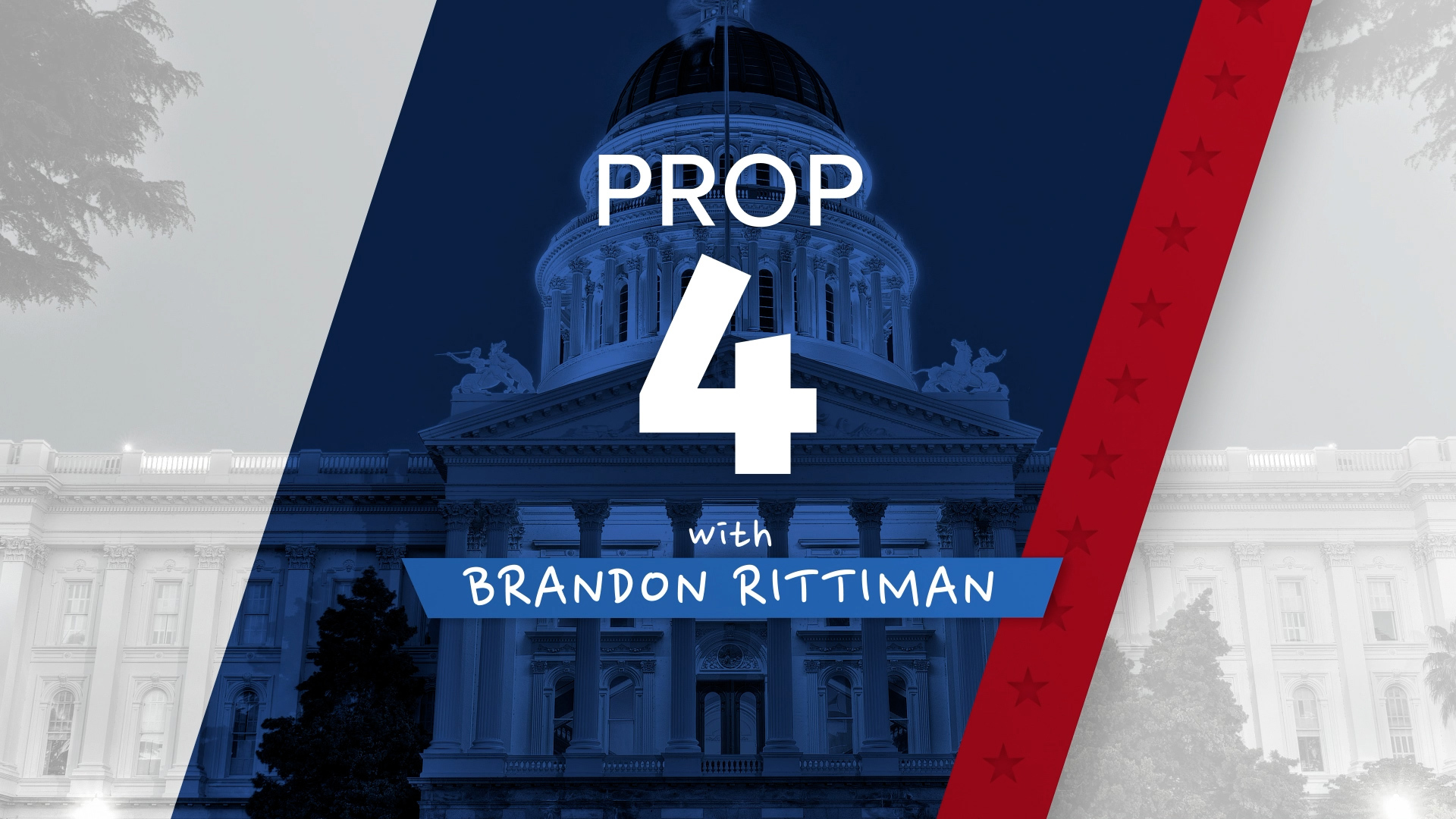CALIFORNIA, USA — California will spend $10 billion to fund water, climate, wildfire and natural resource projects after voters approved a bond measure in Tuesday’s election.
Proposition 4 will fund projects across the state to safeguard drinking water, combat wildfires, protect natural lands, and improve resilience against floods and extreme heat, but some of the money is also directed toward shorter-term items like job training.
At least 40% of the funds will be spent to benefit communities considered most harmed by climate change and environmental fallout — prioritizing support for populations that might lack the resources to cope with those impacts.
Alfredo Gonzalez, an environmentalist who headed the campaign backing the measure, described the financing as a strategic response to the state’s growing environmental threats. The bond measure will be a down payment aimed at water security, wildfire management, and resilience against intense heat waves, floods and even rising sea levels, he said.
“Voters have yet again made it clear that they believe in the need to prepare California for the ever-growing impacts of climate change,” Gonzalez said today in a statement after the measure passed. “This bond enables the state to invest in climate solutions at scale, and we urge our leaders to continue to deliver results that protect our communities and economy.”
Water projects will get the bulk of the money, about $3.8 billion. Half of that portion, $1.9 billion, will be spent on improving water quality, while the rest will be spent on protecting the state from floods and droughts, as well as other activities, including restoring rivers and lakes.
Despite improvements, safe drinking water remains a severe problem across California. Nearly 730,000 people are still served by the 380 water systems that fail to meet state requirements for safe and reliable drinking water. Latino farm communities struggling with poverty and pollution are especially hard-hit.
Funds also will be directed toward wildfire risk reduction, coastal protection, clean energy initiatives and sustainable agricultural practices.
“We are inspired and grateful to see voters back the largest climate and natural resources bond in state history,” said Liz Forsburg Pardi, California policy director at the Nature Conservancy. “Voters sent a powerful signal that climate resilience is a priority.”
The drawback, opponents said, is that bonds are an expensive way to pay for projects and should only be used on long-term, durable infrastructure.
Paying off the bonds will cost the state about $400 million a year, for a total of $16 billion, according to the state’s nonpartisan legislative analyst. Taking inflation into account, that’s about 10% more than if the state paid for the projects without using debt.
The bond measure will saddle taxpayers with long-term debt for short-term projects, said State Sen. Brian Jones, the Republican minority leader from San Diego, one of the authors of the official argument against the measure.
Jones said today that he would seek to “ensure the funds are used responsibly and efficiently.”
“Prop. 4 places a significant financial burden on California taxpayers,” Jones said in a statement. “While I’m disappointed it ultimately passed, I respect the will of the voters and am committed to fulfilling it.”
While acknowledging the importance of environmental stewardship, Jones said some of the short-lived items in the measure include things such as funding for farmers’ markets, job programs and van pools — in other words, projects that aren’t intended to last.
California voters have a history of approving environmental initiatives on the ballot, though not all have succeeded.
In 2018, voters passed a $4 billion bond for state and local parks, environmental protection, water infrastructure and flood protection projects. Four years earlier, voters approved $7.12 billion in bonds for building reservoirs, recycling and groundwater projects and other water supply infrastructure.
But voters rejected a 2022 measure that would have raised taxes on high-income individuals and spent that money on electric car programs and wildfire prevention initiatives. Newsom campaigned against that measure, helping secure its defeat.
Prop. 4 made it onto the ballot after an extended legislative debate, with proponents arguing that the measure was essential to maintain and expand environmental investments.
Gov. Gavin Newsom and the Legislature initially approved a $54.3 billion spending package called the “California Climate Commitment” in 2022, only to have to scale it back to $44.6 billion this year amid a budget deficit.
California voters had shown some recent reluctance to fund increased spending via bond measures. California primary voters, for instance, passed Newsom’s $6.4 billion mental health bond on March 5 by the slimmest of margins, 50.2%. That experience, Newsom said during a press conference earlier this year, “sobered, I think, a lot of the conversation up here,” and indicated that he was wary of backing another bond measure after suffering that near setback.
“The public wants to see results,” the governor told reporters during that May conference, before Prop. 4 was put on the ballot. Newsom has not endorsed the measure, and a spokesperson for him declined to say how the governor would vote on it.
A poll last month showed likely California voters supported the measure, though that support fell from an earlier survey. The Public Policy Institute of California’s October poll showed 60% would vote yes, 38% would vote no and 2% of voters were undecided. That was a slight decline from late August and early September, when the same nonpartisan think tank found 65% of likely voters would vote yes, 33% no and 2% undecided.
This article was originally published by CalMatters.



















